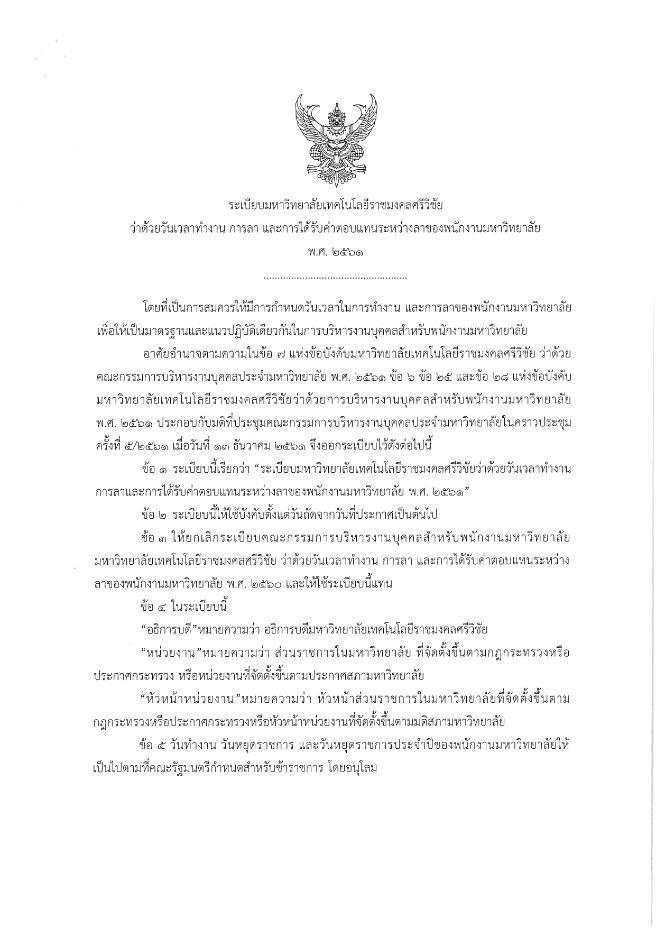Reporters: Mr. Sujinda Saehan, Mr. Ekkajak Intarat, Mr. Nitigon Jumniansuk, Mr. Thanet Sangseejun
Evidence Date: January 2023 – December 2023
Related SDGs:
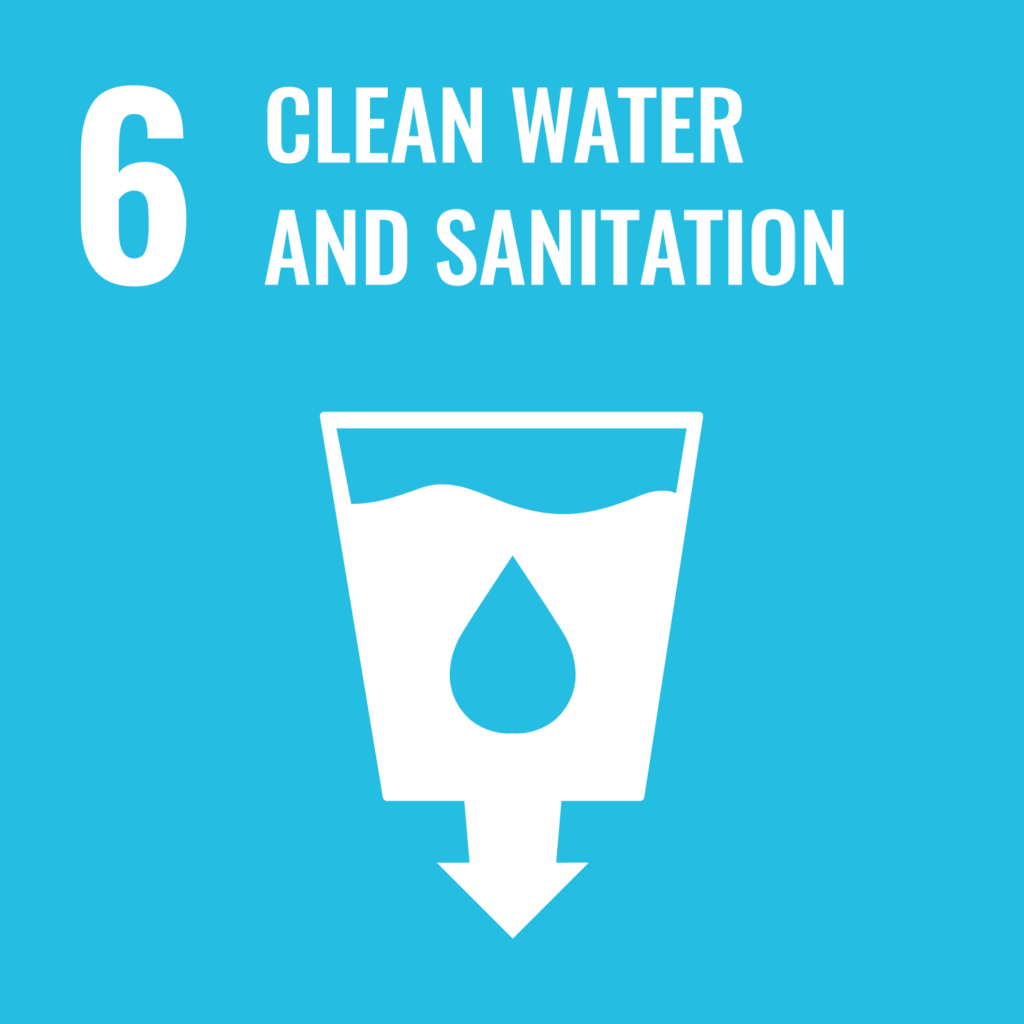
Related Indicators: 6.3.5
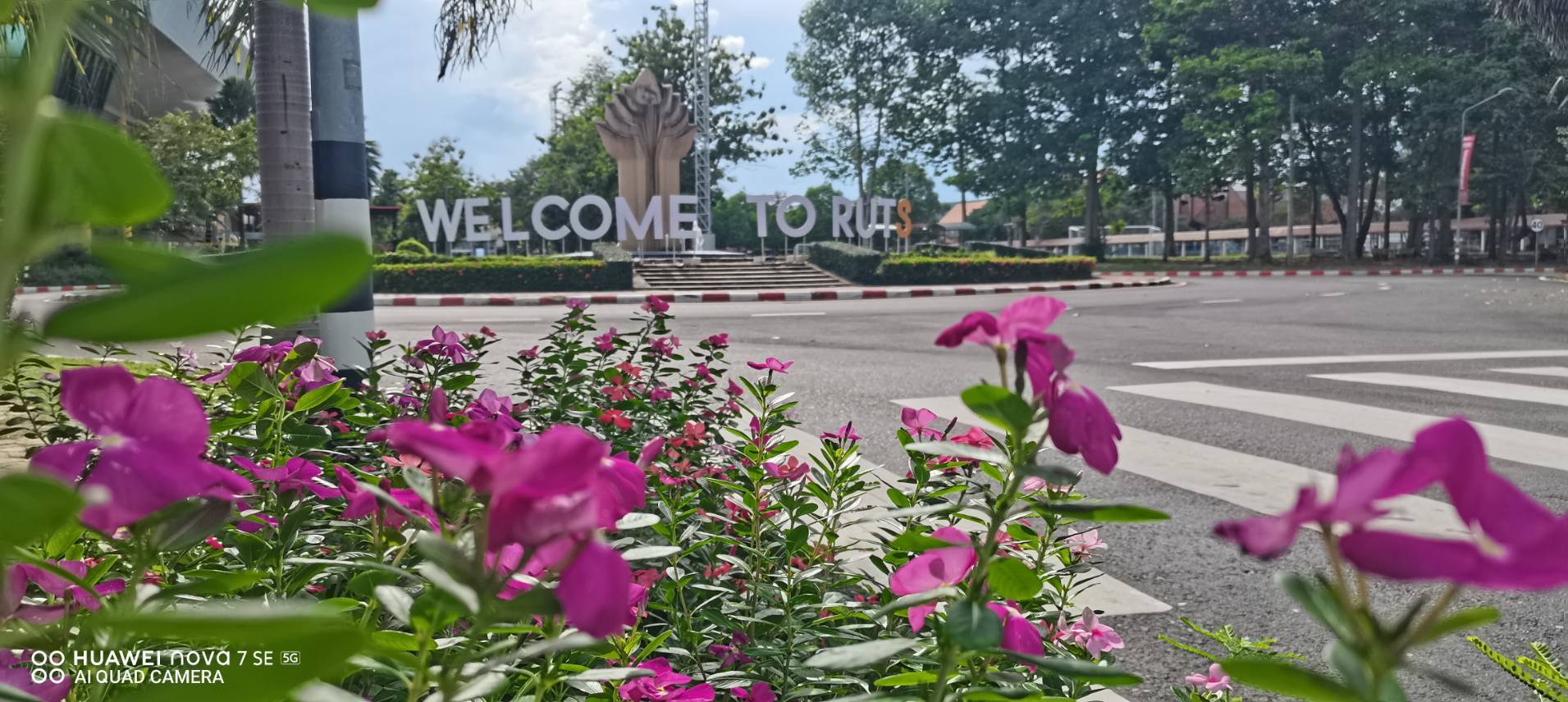 Continuously in 2023, Rajamangala University of Technology Srivijaya continues to prioritize and realize the importance of planting drought-resistant plants within the university area by expanding to all campuses under the supervision of Rajamangala University of Technology Srivijaya. The university has selected appropriate plants and tree species for landscaping that are drought-resistant and require less water, which is a wise choice that implementing drought-tolerant plants at a university campus is a practical and sustainable way to conserve water, reduce maintenance costs, and create green spaces resilient to climate change with sustainability goals and reducing water bills of the university.
Continuously in 2023, Rajamangala University of Technology Srivijaya continues to prioritize and realize the importance of planting drought-resistant plants within the university area by expanding to all campuses under the supervision of Rajamangala University of Technology Srivijaya. The university has selected appropriate plants and tree species for landscaping that are drought-resistant and require less water, which is a wise choice that implementing drought-tolerant plants at a university campus is a practical and sustainable way to conserve water, reduce maintenance costs, and create green spaces resilient to climate change with sustainability goals and reducing water bills of the university.
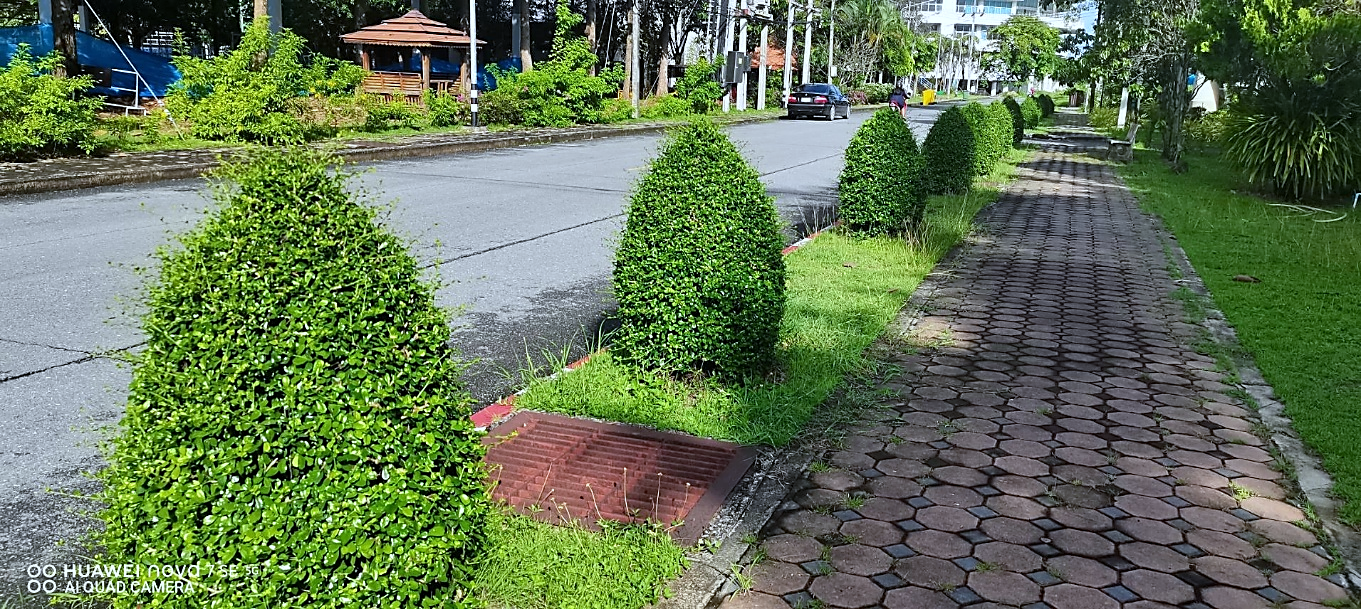
The chosen plants should be reducing the need for irrigation, low-maintenance and require less upkeep. In addition, the plants should be considered that offer year-round interest. This can include deciduous trees for shade in the summer such as palm family (Arecaceae) are well-suited as drought-tolerant plants, making them excellent choices for arid or low-water landscaping. These palms are capable of withstanding dry conditions once established and require minimal maintenance, making them suitable for university campuses, drought-tolerant shrubs add structure, color, and fragrance to landscapes. They are suitable for lining walkways or filling borders, providing visual interest year-round with little irrigation. Many are also aromatic, which can enhance outdoor study or relaxation areas such as Yellow Bells (Tecoma stans), Fukien Tea (Carmona retusa (Vahl.) Masum), Golden Leave (Ficus microcarpa L.f.), and a flowering ornamental plant well-suited to drought tolerance such as Madagascar periwinkle or Vinca (Catharanthus roseus) which its resilience makes a popular choice for hot and dry climates, and it’s ideal for water-saving garden designs (xeriscaping).
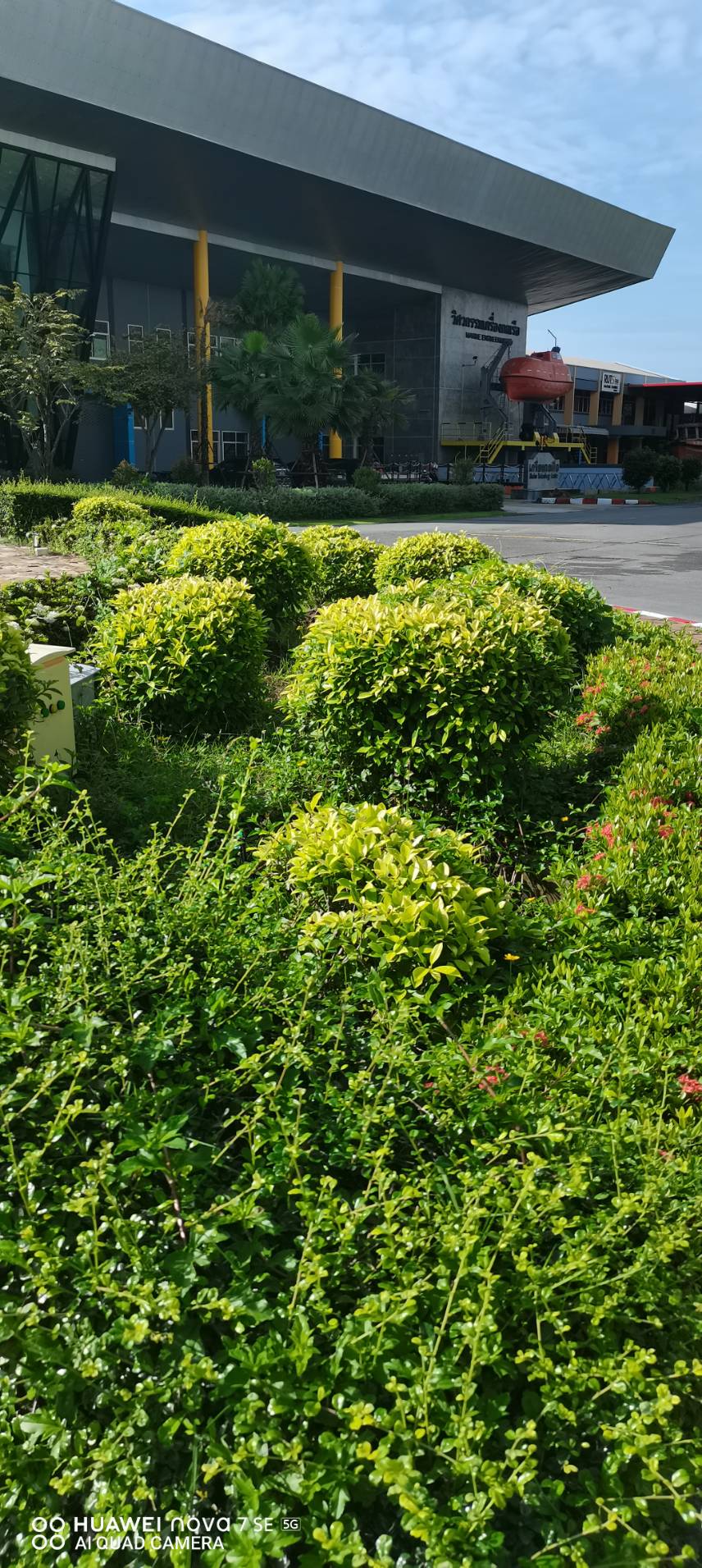
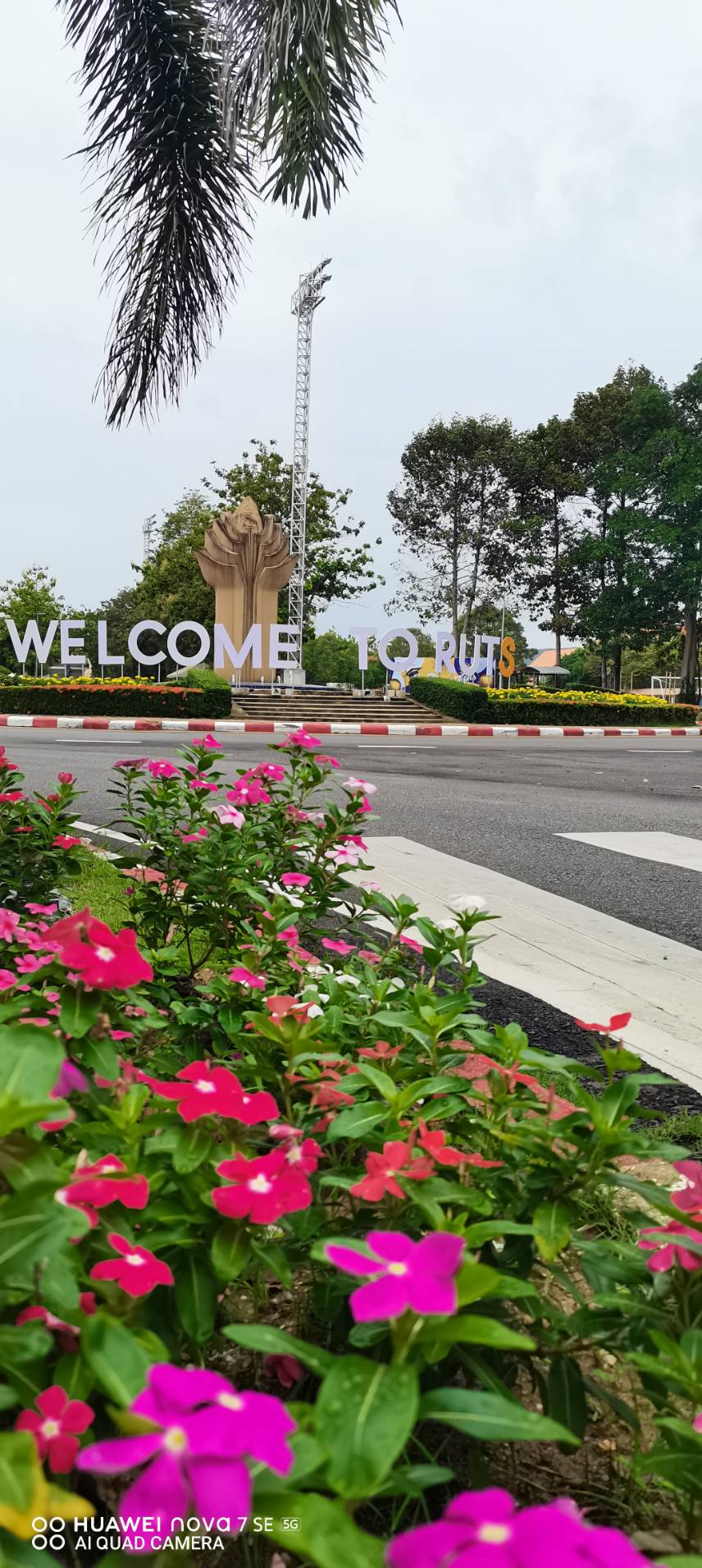
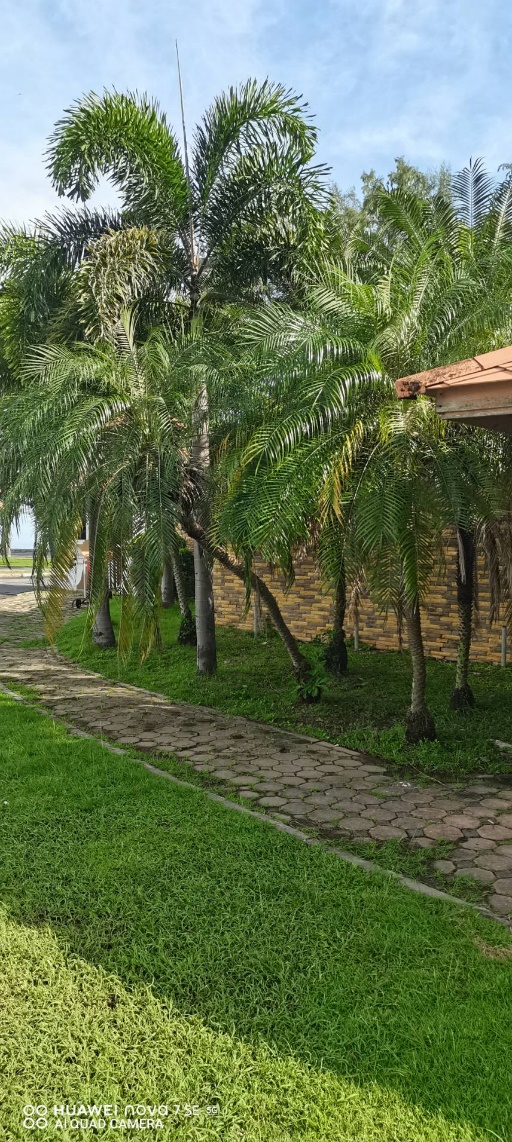
Moreover, Rajamangala University of Technology Srivijaya has also an implement efficient irrigation management system, such as drip irrigation, to minimize water wastage and ensure that water is used effectively for plant maintenance and also the university has a policy to treat wastewater “Wastewater Recycling” within the university to reuse it for agriculture, and one of them is to reuse it for maintaining plants and green areas of the university as well.
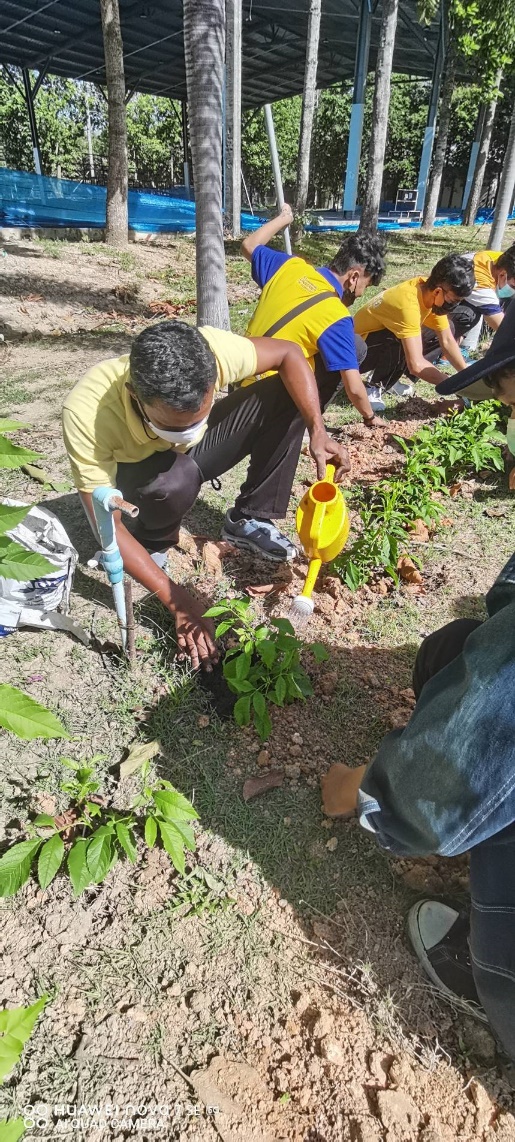
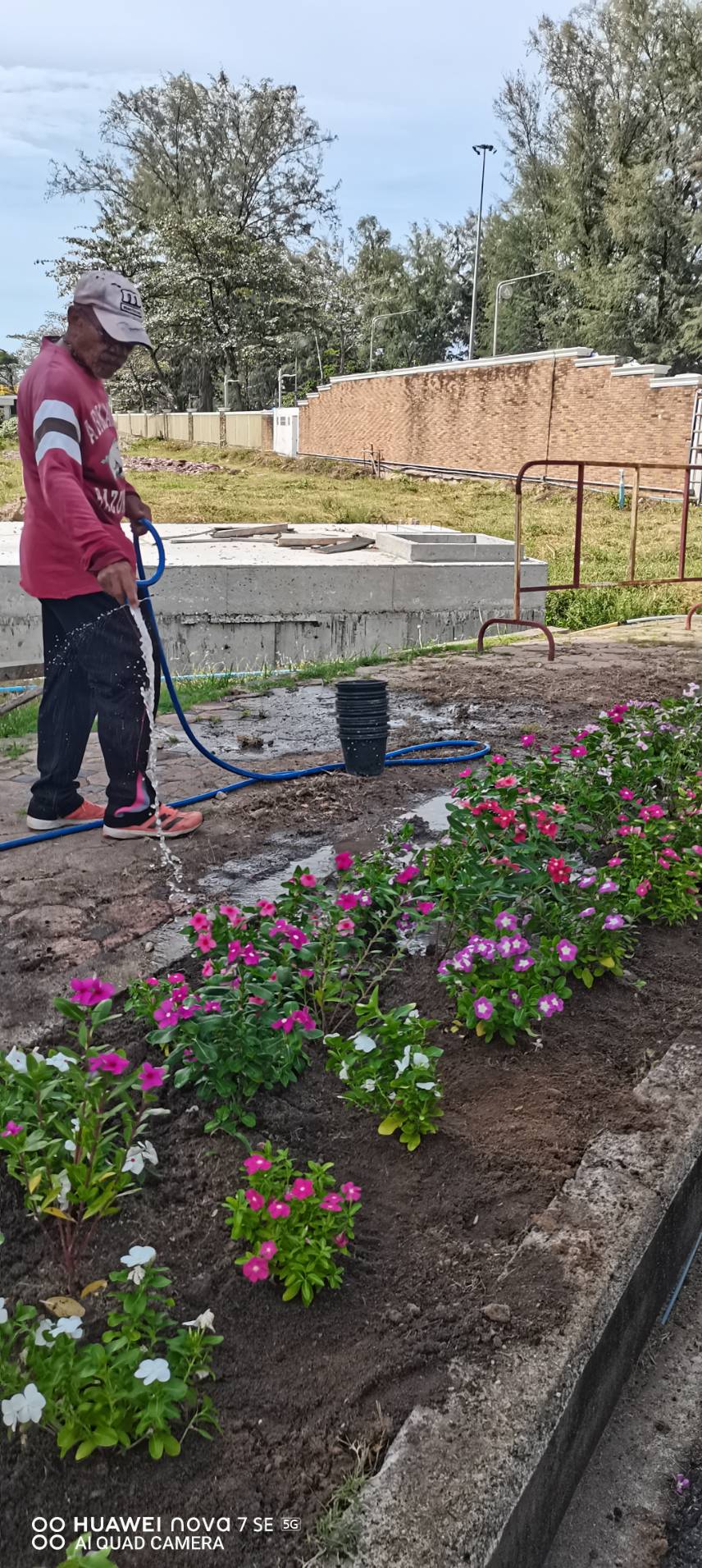
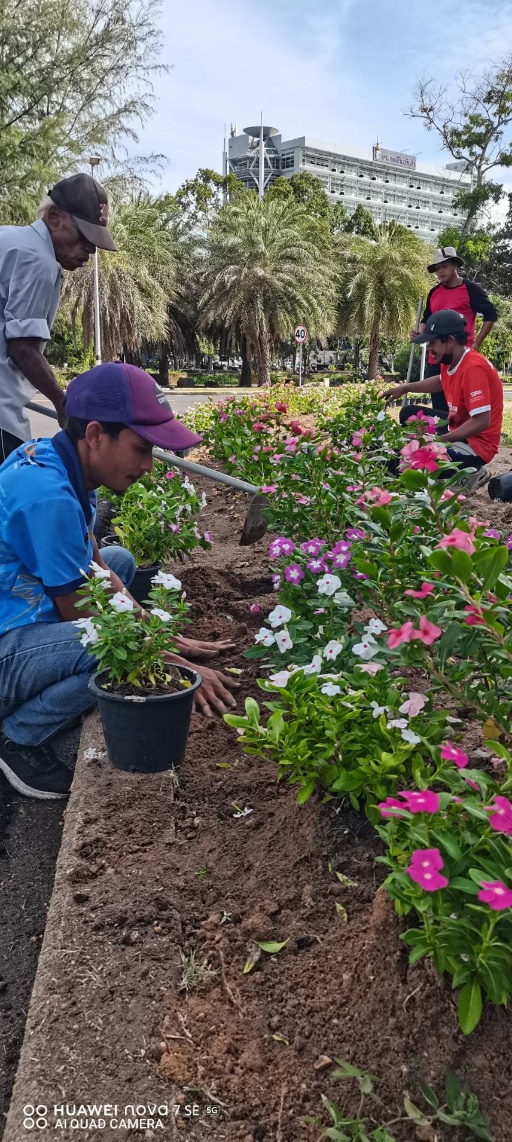
Using drought-tolerant plants on a university campus not only enhances the landscape and promotes sustainability but also serves as a real-world demonstration of sustainable water practices and establishes the university as a leader in eco-friendly landscaping practices. These green spaces also help to encourage students to engage with and appreciate eco-friendly landscaping, providing a model for water conservation in their own lives and future careers as well as it enhances university campus aesthetics, supports biodiversity, and serves as a model of responsible water use that aligns with global sustainability goals. Positively, the university campus community becomes more aware of the importance of water conservation, and students gain practical experience that prepares them for future environmental challenges.
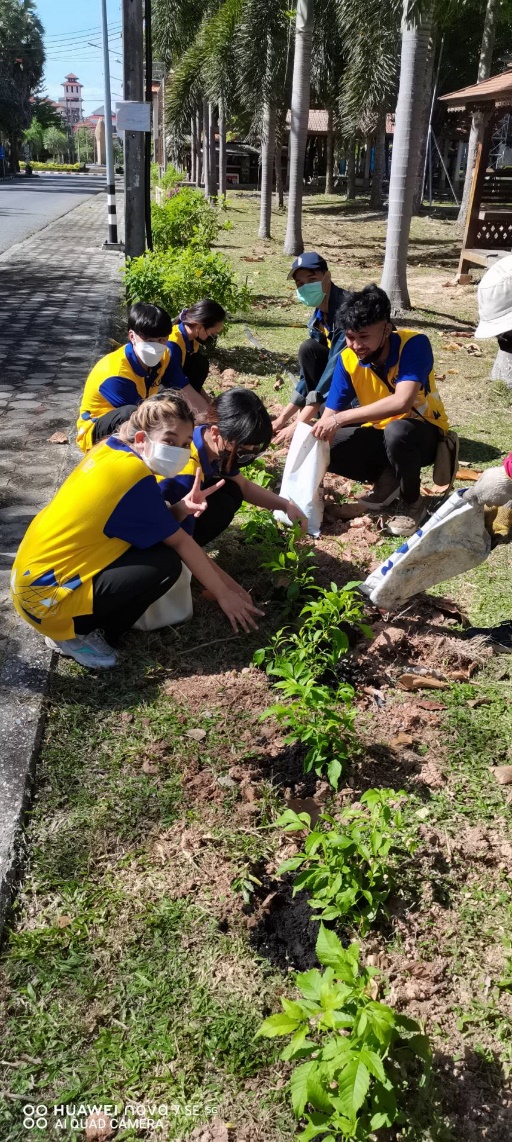
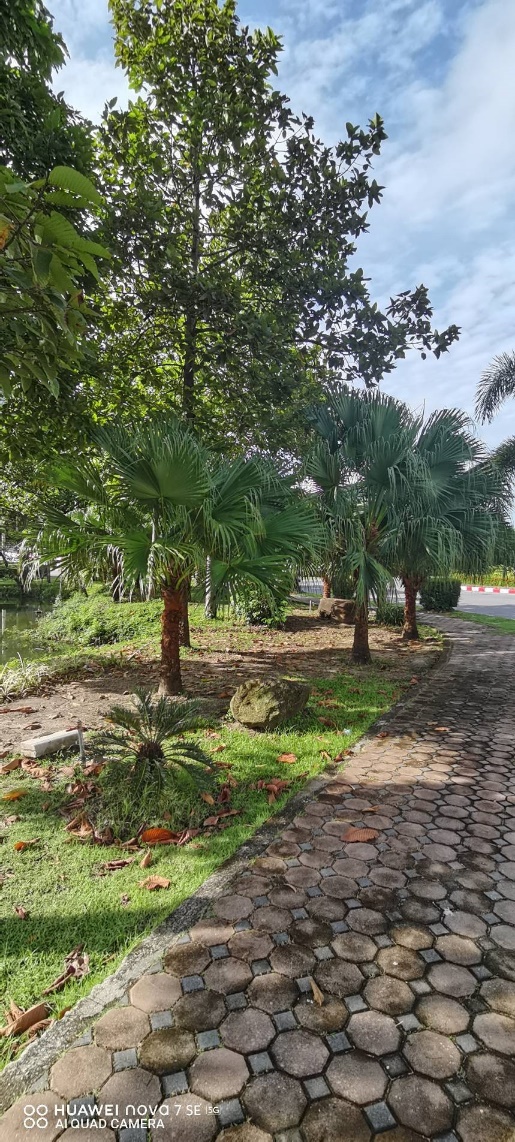
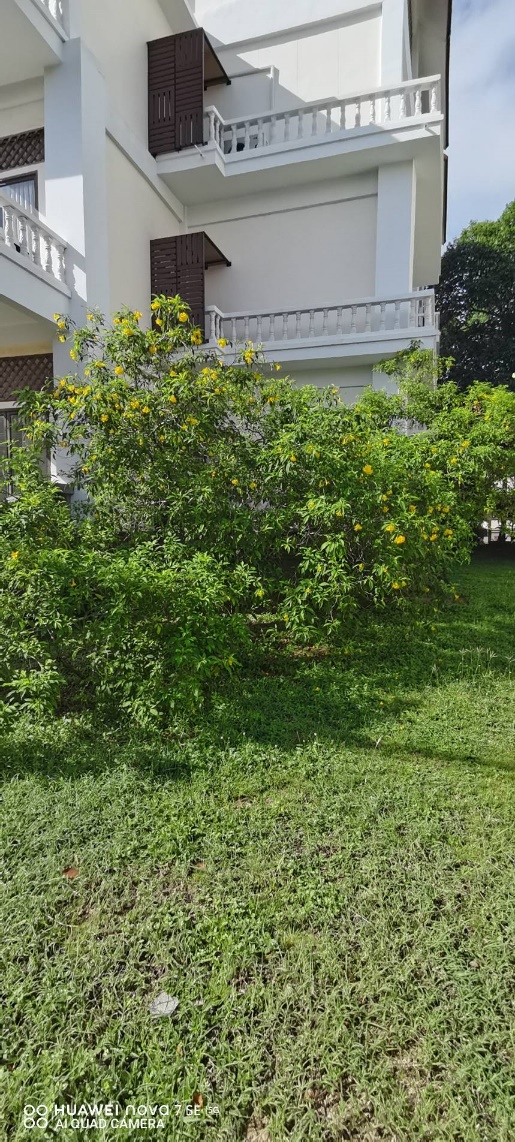
Related Links:
https://general.rmutsv.ac.th/ruts/drought-tolerant-crop-cultivation

